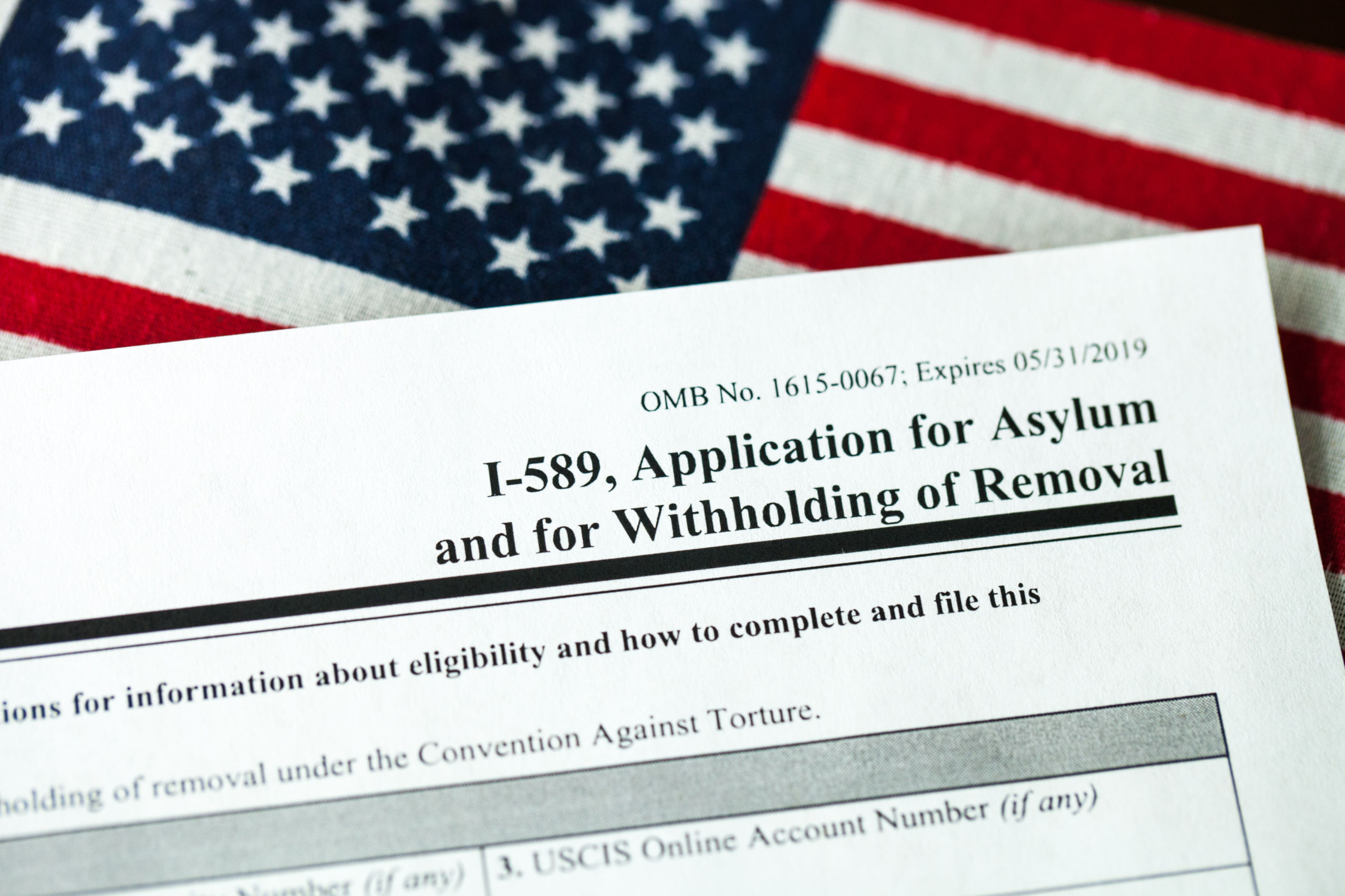By: Richard Hanus, Esq.
Published December 2, 2021
Under U.S. immigration law, foreign nationals fearing return to their home country due to persecution by their home government on account of their race, religion, political belief or social group are eligible for asylum in the U.S. In such cases it must be the home country government doing the persecuting, or a group the government is unwilling or unable to control. If these conditions are in place, the foreign national can be granted asylum in the U.S. and placed on a path to obtain lawful permanent residence (green card) and eventually even U.S. citizenship.
In recent decades, the definition of “social group” in the context of asylum law has evolved in many directions, including to protect gay foreign nationals fearing harm in their home nation because of their sexual orientation or identity. U.S. asylum law has been an especially powerful life-saving tool for this social group since there are many nations throughout the world where human rights for gay individuals are practically nonexistent.
Making the news recently is a case decided by the U.S. Court of Appeals, Fifth Circuit, where a Mexican gay man’s federal court appeal was rejected because he could not substantiate his claim that the Mexican government was unable or unwilling to protect him. In this case, Gibrann A. Valdez Coria alleged he and his partner were subjected to a series of violent assaults by members of the Michoacana family cartel between 2014 and 2018, including kidnapping, rape and the threat of future violence and all because they were gay.
Neither Mr. Valdez Coria nor his partner immediately reported the incidents to local Mexican law enforcement thinking it would be of no use, and for fear of retribution by members of the cartel. They also chose not to go to a hospital to seek medical attention following these incidents, also for fear of reprisal. Additionally, as part of his claim, Valdez Coria cited previous incidences where he was the victim of an armed robbery and harassment and where explicit anti-gay slurs were directed at him during the incident, with police ignoring calls to take a report or investigate. Furthermore, after fleeing to a different location in Mexico, Valdez Coria attempted to report these incidences to federal authorities but were advised that they must be first reported to local authorities where the crimes took place.
It is interesting to note that Mr. Valdez Coria’s partner was in fact granted asylum relief, and perhaps such a factor could be of benefit to Valdez-Coria in continuing his fight to remain here. Regardless, the Court of Appeals panel in this case could very well have been considering the impact of a precedent asylum grant in this kind of case, as it also casts judgement on the ability of the Mexican government to control its society and impose law and order. It also sends the message that asylum claims for Mexicans may potentially have viability.
The case is Gibrann A. Valdez Coria v. Merrick Garland, case number 19-60707, in the U.S. Court of Appeals for the Fifth Circuit.
PUBLISHED December 2, 2021– “IMMIGRATION LAW FORUM” Copyright © 2021, By Law Offices of Richard Hanus, Chicago, Illinois

